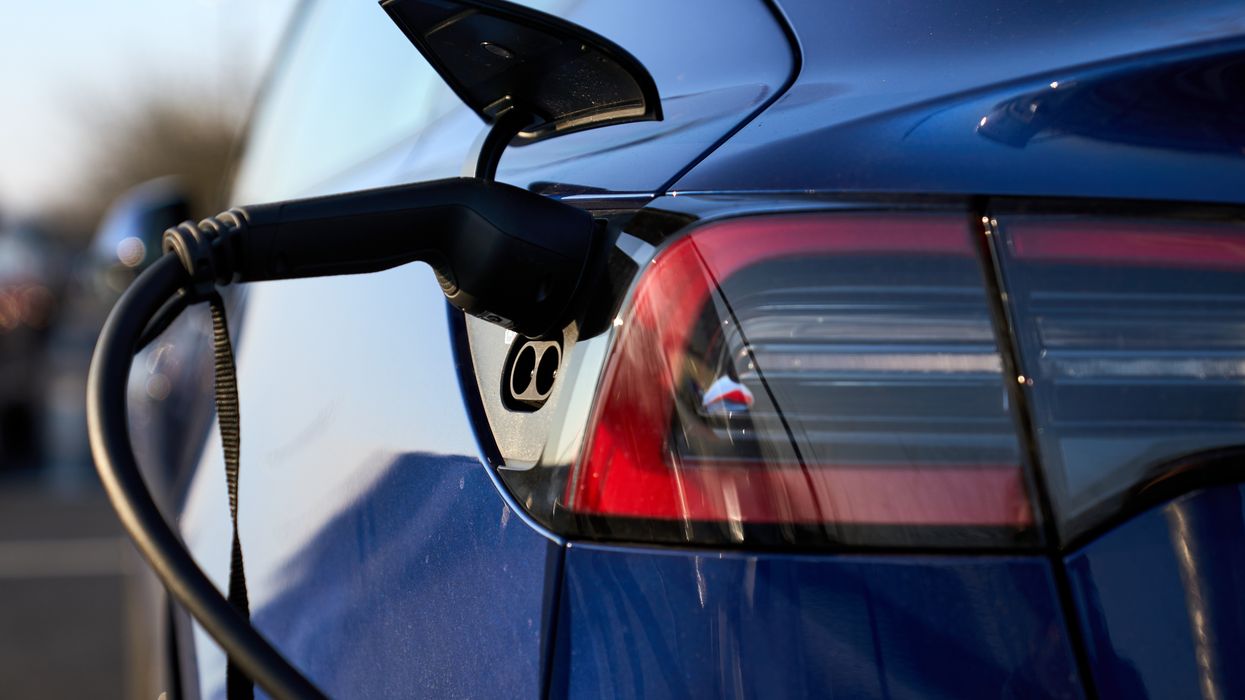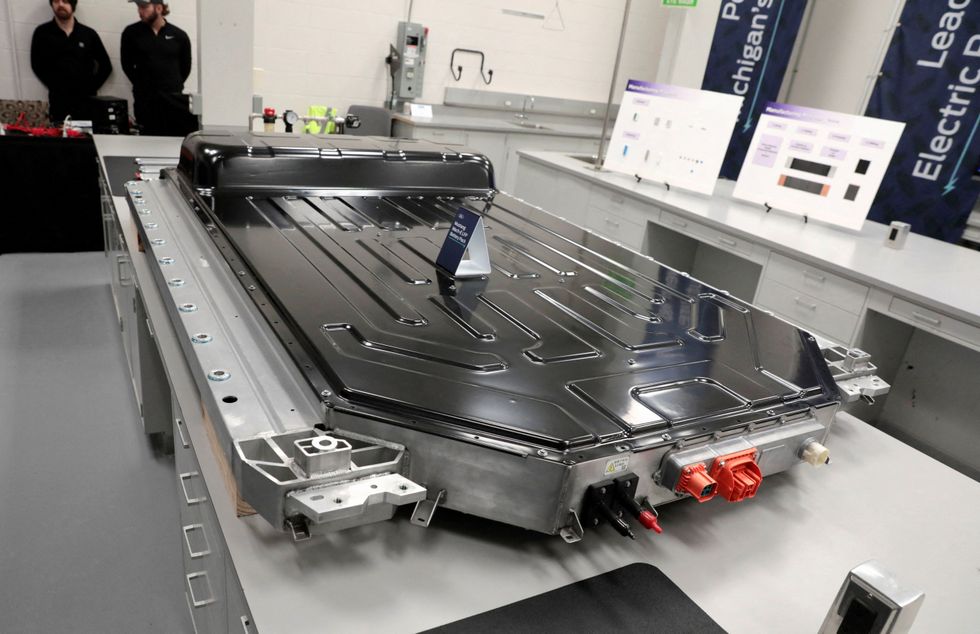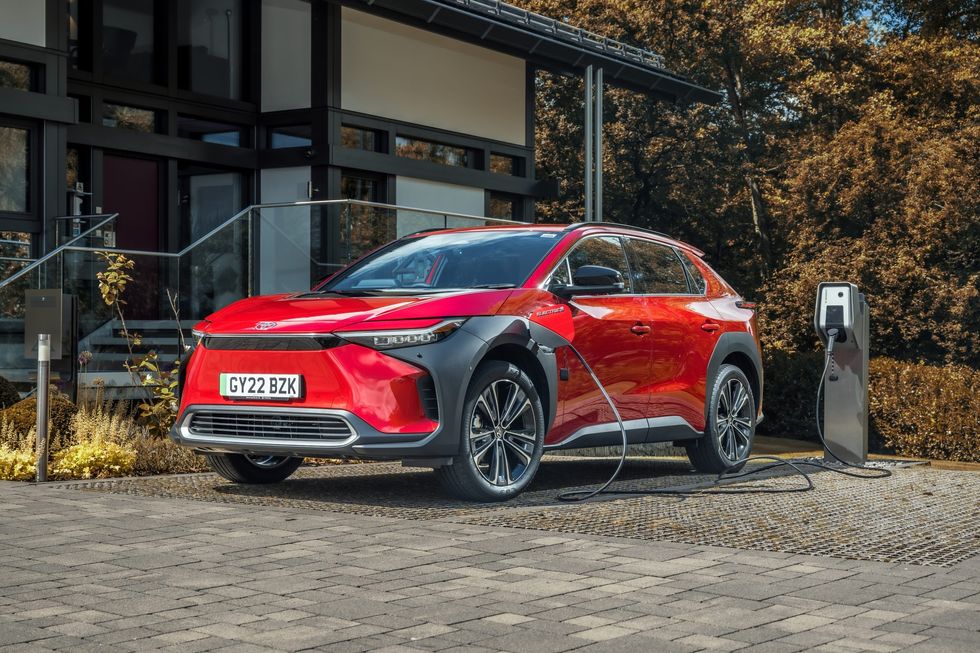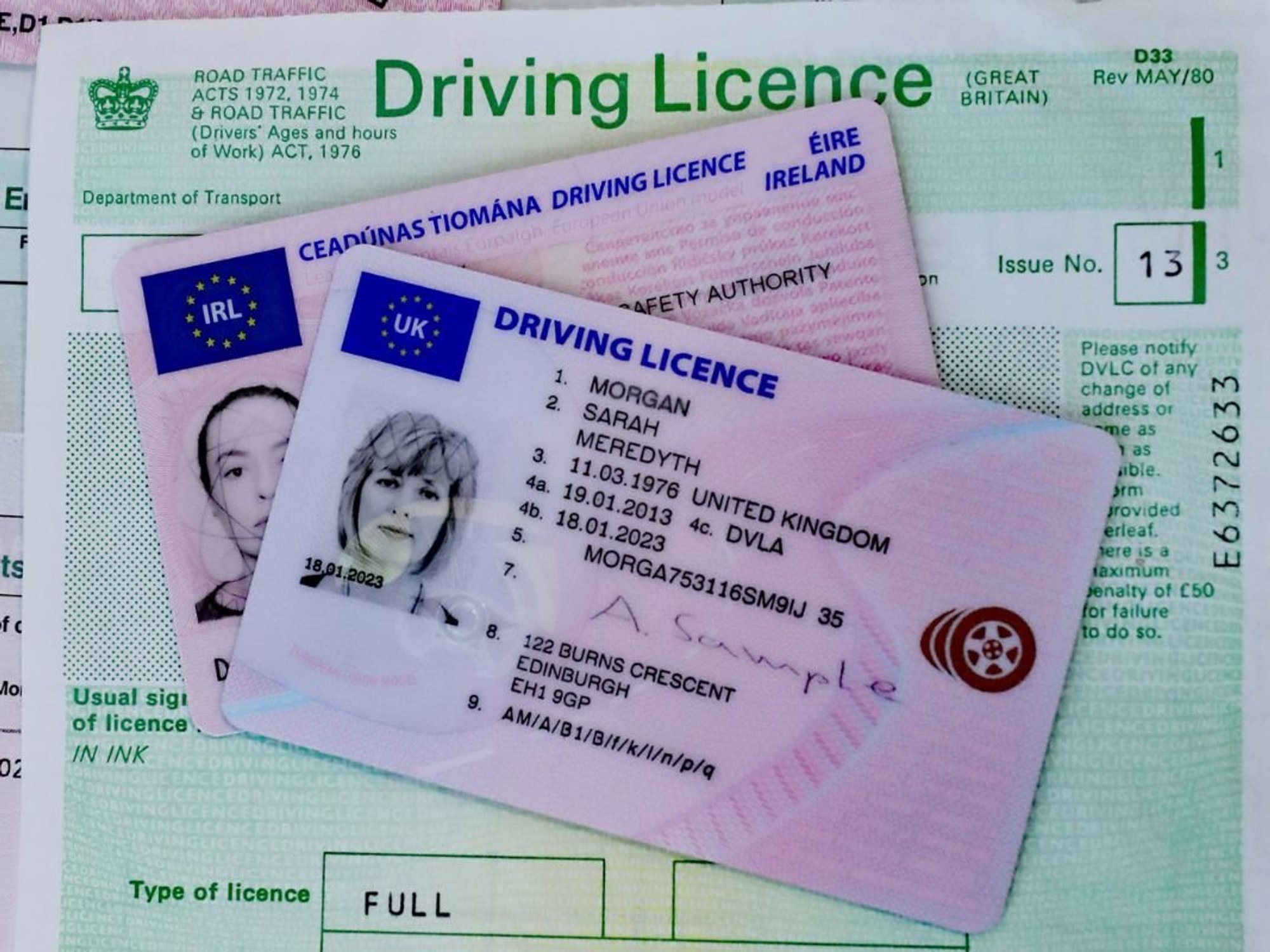Electric car battery technology breakthrough could see EVs travel one million kilometres

Researchers suggested that the new technology could improve EV batteries massively
| PA
Drivers can now expect to see an average battery range of 236 miles in their electric vehicles
Don't Miss
Most Read
Latest
An electric vehicle breakthrough could see EVs travel a staggering one million kilometres or 621,000 miles with new "high-temperature single crystals".
A new study, from Pohang University of Science and Technology (POSTECH) in South Korea, suggested that new lithium secondary batteries could give electric vehicles the capability to travel up to one million kilometres.
The researchers stated how traditional electric vehicle batteries store energy by converting electrical energy to chemical energy and generating electricity to release chemical energy to electrical energy.
These batteries tend to be made of nickel cathode materials, although they can undergo structural degradation when charging, which can "significantly reduce" their lifespan.
Do you have a story you'd like to share? Get in touch by emailing motoring@gbnews.uk

Single-crystal batteries could be revolutionary for electric vehicles
| REUTERSHowever, Professor Kyu-Young Park, PhD candidate Kyoung Eun Lee, and alumna Yura Kim from the Graduate Institute of Ferrous & Eco Materials Technology at Pohang University of Science and Technology, suggested that a solution could be realised to change this.
By creating a "single-crystal" form, the batteries could benefit from an improved structure, as well as being more stable and durable.
During testing, the crystals became more dense, which are extremely hard and resistant to degradation, potentially boosting the lifespan of electric vehicles massively.
Professor Kyu-Young Park of POSTECH, said: "We have introduced a new synthesis strategy to enhance the durability of nickel-based cathode materials.
"We will continue our research to make secondary batteries for electric vehicles cheaper, faster, and longer-lasting."
According to the Society of Motor Manufacturers and Traders (SMMT), the average range for all available electric cars is now 236 miles.
However, analysis of new electric vehicles shows that the average range is almost 300 miles, with some premium models having an impressive range of more than 450 miles.
There are also now more than 100 electric vehicle models on the UK market, allowing motorists the opportunity to find cars that will suit their lifestyle and motoring needs.
Some smaller vehicles, like the Citroen Ami, have a range of up to 46 miles, with the French brand selling the vehicle as the perfect electric option for urban commutes.
However, other brands, like Tesla, focus on marketing their vehicles as being the most suitable for performance and durable, with most drivers seeing a range of around 300 miles.
One Chinese automotive brand, Nio, recently demonstrated its new electric vehicle, with a test showing the ET7 had travelled 648 miles - or 1,042km - using 97 per cent of its battery.
During the trial, the ET7 maintained an average speed of 52mph, with the ambient temperature inside the vehicle ranging from minus two degrees to minus 12 degrees.
LATEST DEVELOPMENTS:

Toyota is looking to improve its offering of electric vehicles
| TOYOTAToyota also stated new battery technology would allow vehicles to have a range of 745 miles and a charging time of just 10 minutes by using solid-state batteries, which are currently in development.
Many manufacturers and independent companies are looking to improve solid-state battery technology to remove the stigma of range anxiety from motorists concerned about switching to an electric vehicle.










